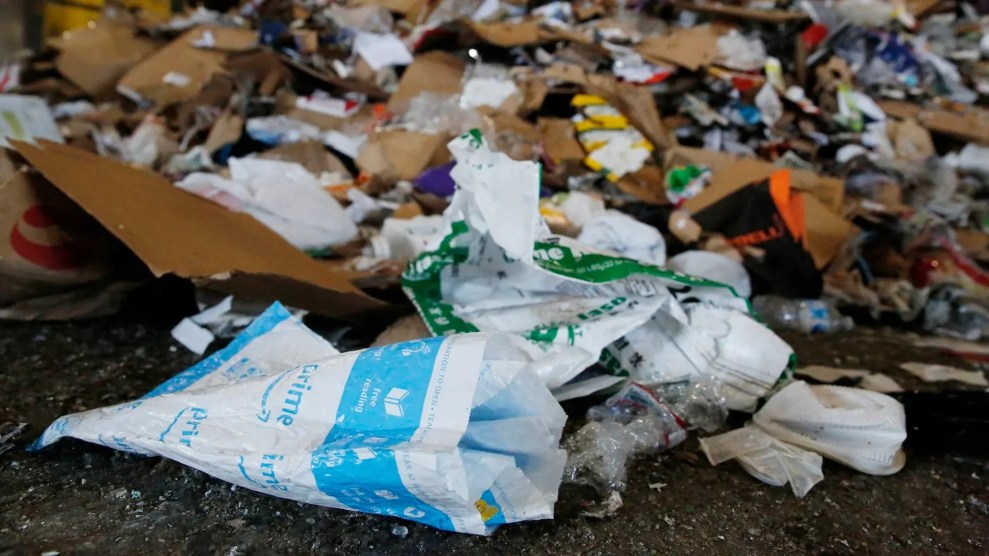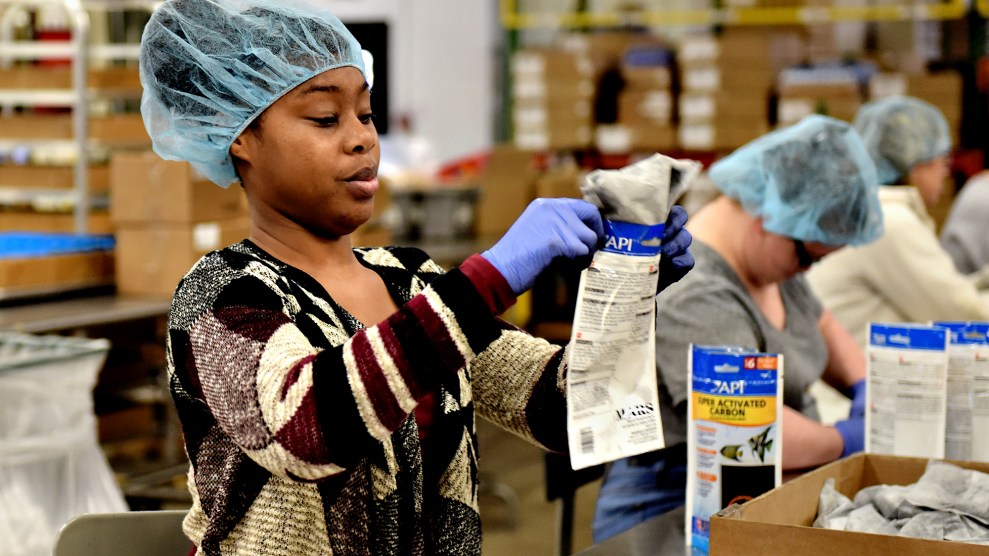Mother Jones: After American troops withdraw, will the violence in Iraq escalate?
Kevin Martin: I don’t even think it is a fair question. There is no guarantee with anything in life. Anybody who says, “Oh, if we pull out on this timeline or do it exactly this way, Iraq is suddenly going to look like Sweden,” is fooling himself.
MJ: Should the peace movement offer a contingency plan for peacekeeping?
KM: That’s not our job. Our job is to generate political pressure to get the U.S. out of there and end this nightmare that the U.S. is responsible for. You are trying to hold us to a higher standard of accountability than anyone is holding the Bush administration to, and I’m wondering why. In my organization and the umpteen antiwar coalitions that I am in, this is in no way a priority that we think about or talk about. I’m not saying that we wouldn’t care. But, again, that’s the job of generals in the Pentagon, of people in the U.N., of others who’d be involved in some sort of interim peacekeeping force. We are not responsible for dreaming up a perfect world. We are responsible for trying to end the damn war and putting the political pressure on our government, which is extremely difficult when you have a feeble Congress and a dictator president.
MJ: Should having international peacekeepers ready to intervene be a precondition for withdrawal of U.S. troops?
KM: No. Because to me, while these are interesting questions, you are getting into a lot of details that, even if you try to answer every single one of these, there’s no guarantee that that builds the political pressure that’s needed.
The problem is we have a dictator as president, especially as far as Iraq and foreign policy are concerned. You can have elegant blueprints for all of this kind of stuff, and it doesn’t mean that it is going to add up to increasing the political pressure that’s needed to end this quagmire and change the policy. It may be interesting for certain people in the public who are kind of sitting on the fence saying, “I’m against the war; it’s terrible, but if we pull out it’s going to be a mess.” And they may feel reassured if they knew there was contingency planning, or whatever, but so what? Is that going to help generate the political pressure that is necessary to change the policy? That’s the real challenge.
MJ: But what about people who fear genocide in Iraq?
KM: I don’t think that’s the biggest problem. The biggest problem is that the majority of the public is against Bush’s policies and against the war, but they’re not active on it. So within the peace movement, there is a lot of frustration, and a lot of people who are pressing people to take more radical, nonviolent action. It’s about our organizing intensity. That to me is what’s more important than trying to satisfy the fence sitters who don’t want to be involved because they don’t want to be held responsible if there is genocide. I just don’t think that’s the real challenge.
MJ: But doesn’t the peace movement have a moral responsibility to think about this?
KM: You are expecting perfection of the peace movement when we don’t have the capacity or the resources, nor control policy.
MJ: Is there a contradiction between this approach, of not wanting to talk about the genocide issue in Iraq, and the left’s past support of military intervention to stop the genocide in Rwanda?
KM: I don’t agree that “the left” supported intervention in Rwanda. There is no consensus on that by any means. There’s the Save Darfur Coalition that we signed onto, but it has not been a big priority of ours. I don’t think U.S. troops are wanted for that. I don’t think people in Africa want U.S .troops and we don’t even have any troops to send; they are all in Iraq, for Pete’s sake.













